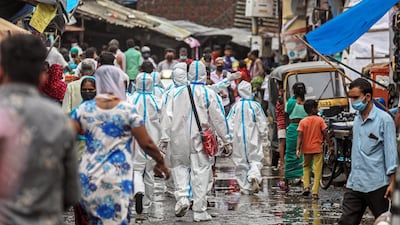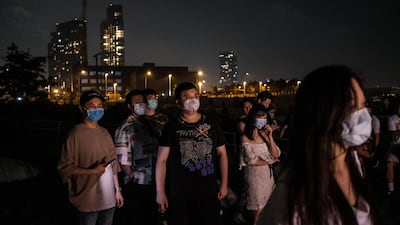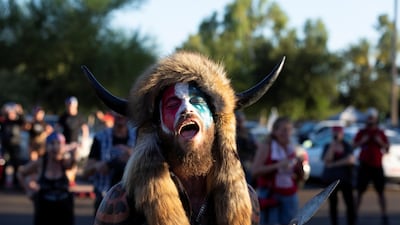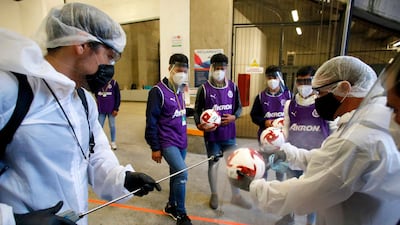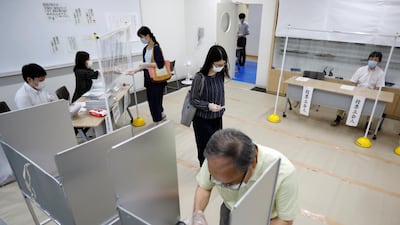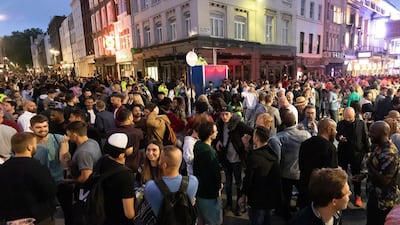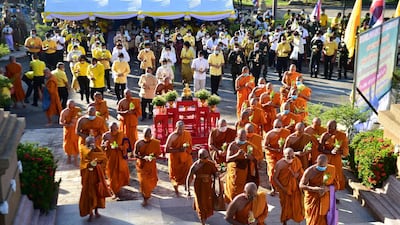India became the world’s third worst-affected country in terms of coronavirus caseload after overtaking Russia with 24,248 new infections on Monday.
The Indian government has been gradually lifting restrictions on one of the strictest lockdowns in the world but the virus has continued to spread, reaching almost 700,000 cases with Mumbai and New Delhi among the cities hardest hit by the disease.
Critics say lack of testing means that many more cases are likely to go undiagnosed. The surge has forced authorities in India to convert hotels, wedding halls, a spiritual centre and even railway coaches to help provide care to coronavirus patients.
Neighbouring Pakistan is also suffering from a severe outbreak, with hospitals unable to accommodate the rising number of patients and a large number of frontline healthcare workers reported to have died from the disease.
By Monday, cases had climbed to 232,000, though limited testing indicates the real figures could be much higher.
Two of Pakistan’s top ministers have also tested positive for Covid-19. Last week foreign minister Shah Mahmood Qureshi confirmed he was infected with the virus and health minister Zafar Mirza said in a Twitter post on Monday that he was isolating at home with “mild symptoms.”
The US continues to suffer from the highest coronavirus caseload in the world with officials warning that hospitals are in danger of being overwhelmed by a surge in infections. The country is reporting more than 40,000 cases a day with its national death toll rising to nearly 130,000 out of 2.8 million confirmed cases, and many states hit by increasing infections after lockdowns were eased.
The annual July 4 holiday weekend was overshadowed by growing evidence that the fractured pandemic response has exacted a heavy price across the south and west of the country, after previous hotspots such as New York emerged from the worst of the virus.
Hospital beds are full in parts of Texas, while calls for fresh stay-at-home orders are growing. Some mayors have said their cities reopened too early, as President Donald Trump tried to downplay the disease that has gripped much of the country.
South Africa, which like India imposed some of the strictest stay-at-home measures in the world, is seeing a significant increase in daily infections since lockdown rules were eased. Dozens of military medics were deployed on Sunday after a single-day surge in infections with more than 10,000 reported on Saturday.
Latin America is also fighting an ongoing battle against the pandemic with Chile passing 10,000 deaths on Sunday, while Mexico has had 30,000 fatalities. Peru has now passed 300,000 cases, making it the fifth-worst affected country worldwide.
Fiji, which has logged 78 days without any coronavirus cases, confirmed on Monday that a 66-year-old man tested positive after returning from India. It is the 19th case in the small South Pacific island nation, and more are now expected.
And in Australia, where the virus outbreak had largely been brought under control, a new spike in cases in Melbourne forced authorities to effectively seal off the state of Victoria from the rest of the country.
Kenya has become the latest country to announce that it will emerge from lockdown with international flights set to resume on August 1 in a “phased reopening” after nearly four months of restrictions that have devastated key industries, including the tourism sector.
Meanwhile the race to find a cure continues, with pharmaceutical firm Regeneron reporting progress on Monday as it enters the late stages of human clinical trials for a drug to both treat and prevent Covid-19. REGN-COV2, is a combination of two antibodies that block the coronavirus' "spike protein" which it uses to invade human cells.
